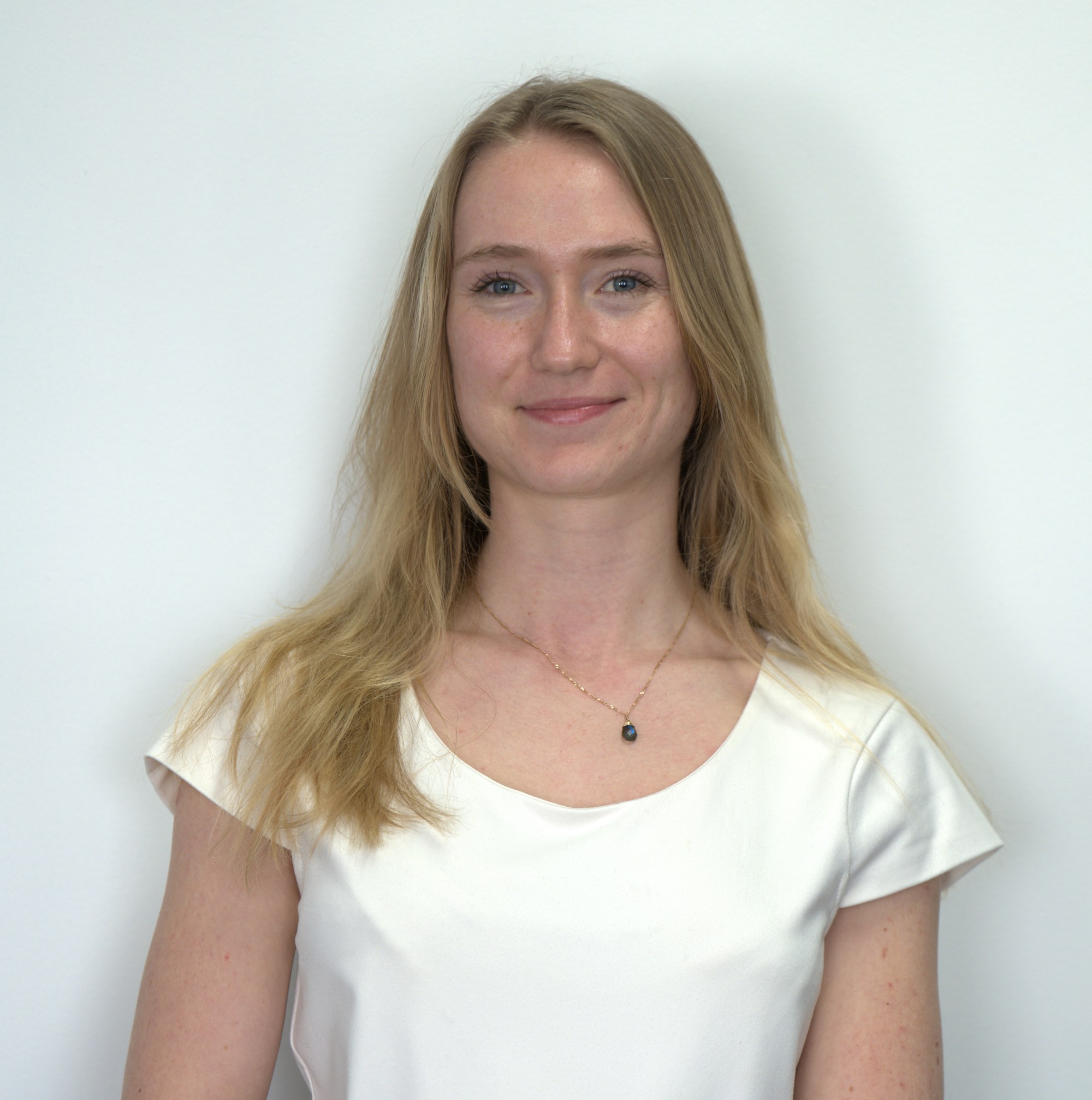ATO invites feedback on updated rental tax deduction compliance guide
TaxThe ATO has released fresh draft guidance on its approach to rental property tax deductions, marking a shift in its treatment of rentals also used as holiday homes.

On Wednesday (12 November), the ATO withdrew its existing ruling on rental property deductions (IT 2167) and released a new draft tax ruling (TR 2025/D1) and draft practical compliance guides (PCGs), PCG 2025/D6, and PCG 2025/D7 on rental property deductions.
Respectively, these drafts outlined the ATO’s compliance approach to rental property income and deductions for non-business taxpayers, apportionment of rental property deductions and the tax treatment of holiday homes that were also rented out.
Tony Greco, senior tax adviser at the Institute of Public Accountants, told Accountants Daily that the updated guidance outlined a fresh approach to assessing rental property tax deductions.
“If a taxpayer’s rental property is also their holiday home, certain holding costs are non-deductible,” he said.
“An exception applies if, at all times in the year, the taxpayer uses the property (or holds it for use) ‘mainly’ to produce assessable rental income. The latest draft guidance challenges some of the previously accepted principles around apportionment of expenses.”
Under the new approach, Greco said that non-business taxpayers with rental properties would need to demonstrate that they were using their property to maximise rental income to qualify for relevant deductions.
“The ATO has introduced some more factors around the concept of ‘available for use’ and the term ‘mainly to produce assessable rental income,’” Greco said.
“If this guidance makes it into the final version individuals and advisors will need to reconsider how they will treat future deductions for rental properties that are used also as holiday homes particularly if they use such properties during periods of high demand for personal purposes.”
One method the ATO would use to assess this was by determining whether the property was rented out during ‘peak periods.’
“The ATO’s draft interpretation states that using such properties during ‘peak periods’ may lead to a conclusion that the holiday home is not mainly used to produce assessable income,” Greco said.
“Their interpretation focuses on so-called ‘peak periods’ and imputes a requirement that the taxpayer must make an attempt to maximise their rental income in order to qualify for the ‘mainly’ for income-producing use exception.”
The National Tax and Accountants’ Association (NTAA) told Accountants Daily that the fresh guidance had reshaped the ATO's approach to rental deductions.
“This is the first time the ATO has publicly applied the leisure facility rules to holiday homes. It reshapes long-standing expectations for taxpayers who combine private use with short-term rental activities," a NTAA spokesperson told Accountants Daily.
"The message is clear. Costs connected to private holidays cannot be repackaged as rental deductions. Those who own a private holiday retreat but offer it for rent on a token or selective basis have now been put on notice.
“That picture-perfect holiday home overlooking the beach may no longer deliver the deductions clients expect. With the ATO tightening how it treats private-use properties, tax agents need to prepare clients for tougher tests around commercial intent and rental availability.”
Feedback on the draft tax ruling and PCGs is due by 30 January 2026.




